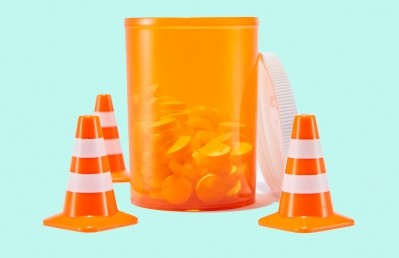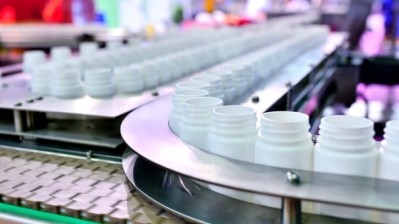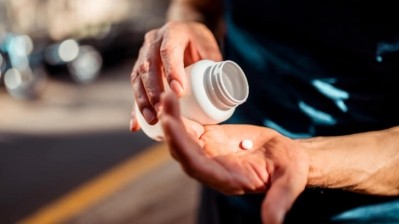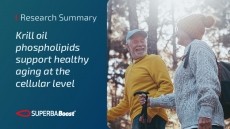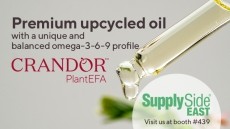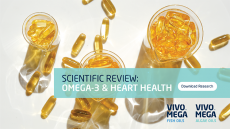NOW testing program reveals ‘alarming quality failings’ of berberine products online
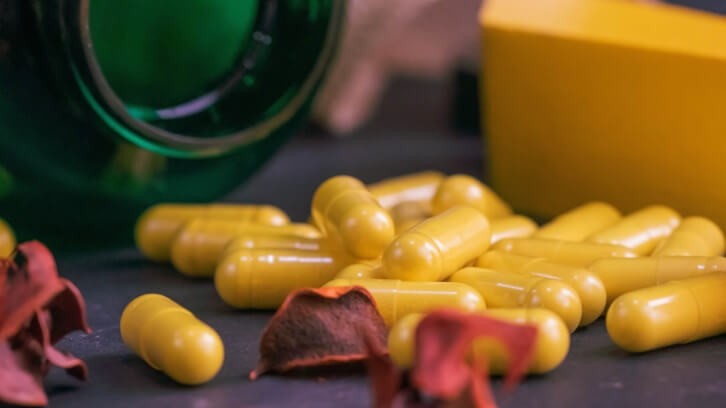
The revelation arises from the latest round of the company’s product policing program, which has exposed “subpar” to “baffling” to “abysmal” results tied to potency, labeling, contamination, adulteration and heavy metal level issues across over 150 products tested to date since 2017. In berberine’s case, the testing flagged “alarming quality failings” in a selection of brands procured last month from both retail giants.
“We purchased two bottles of each product from 33 brands, including NOW, sold on both Amazon and Walmart.com,” said Dan Richard, vice president of global sales and marketing at NOW Health Group. “It was obvious even before testing that many brands were fraudulently mislabeling potency on the front label panel and many others had suspiciously high claims.”
NOW says that it has chosen to focus efforts on lesser-known brands that are sold almost exclusively on these platforms as health food store or practitioner brands have historically been less suspect.
Cashing in on the berberine hype
Berberine—a yellow-colored alkaloid compound found in plants like goldenseal, barberry and Oregon grape associated with blood sugar, cholesterol, cardiovascular and anti-inflammatory benefits—rose to rapid social media fame earlier this year as a natural sub in for weight loss drug Ozempic.
According to market research firm SPINS, there was a spike in chatter in January that reached true virality on TikTok in May (as #naturesOzempic) and mainstream media in June. At the time, NOW told NutraIngredients-USA that its berberine sales were up 623% before running out of stock.
“With any rapid rise in popularity there is the opportunity for deceptive sellers to cash in by offering inferior or adulterated product,” NOW said. “This has proven to be true with berberine.”
Berberine supplements are usually made in hydrochloride (HCl) form, which is obtained from an extraction of Berberis aristata bark, and typically use the 85-90% potency source berberine HCl dihydrate.
“This means if brands claim 500 mg berberine on a label, and it is in the HCl form, the supplier must input 550-575 mg berberine HCl dihydrate to meet the label claim,” NOW explained, adding that full supplements facts disclosure would read something like: “Berberine HCl 500 mg (from 550 mg Berberine HCl dihydrate)” rather than simply “Berberine” or “Berberine HCl”.
The test results
To generate its in-house report on the quality and presence of berberine in each tested product, NOW used high performance liquid chromatography (HPLC) with ultraviolet light detection (HPLC-UV). It also sent one unopened bottle of each brand to independent botanical testing laboratory Alkemist Labs for HPLC testing.
“The results of this round of testing showed serious levels of low potencies with every brand testing below 100% potency, except NOW,” the natural products manufacturer reported. “Seven brands did contain over 80% labeled potency, and three brands contained 90-97% potency.”
In addition, 18 of the brands contained less than 40% of labeled potency, and seven of the policing program’s first-time testees registered 1% or less berberine potency. A quick search indicates that all 33 brands have four-star ratings and are currently available on Amazon.
NOW added that it has tested some of the same brands previously in other categories (astaxanthin, bromelain, curcumin, magnesium glycinate, quercetin, CoQ10, glutathione, acetyl-l-carnitine, ALA, phosphatidyl serine and SAMe) and detected similar problems. It highlighted that over 80% of the products tested have failed the potency testing and that one of the brands "has failed eight different rounds of product testing and has the worst record for potencies tested among all brands.” Full details of the test results are published on NOW’s website.
"This atypical slice of our industry that persists mostly on the Amazon platform undermines efforts to fight back against the false narrative that our industry is unregulated, and our products untested and unsafe," said Elan Sudberg, CEO at Alkemist Labs. "It’s frustrating that FDA and Amazon aren't effectively policing what’s being sold! Alkemist is honored to work with NOW to send the message that we see you, we are testing your products, and the truth will be exposed."
No response
Despite sharing each round of results with Amazon and Walmart, NOW says it has never received a response or seen any observable changes, with the same failing brands continuing to be widely sold on Amazon, “especially, and often as ‘sponsored’ or advertised brands.”
“We would hope that when NOW shows independent assays of products with zero potency that at least the product would be removed from sale,” Richard said. “Better would be for the product to be retested and if zero again, the product should be recalled. No such action has happened.”
Daniel Fabricant, Ph.D., CEO and president at the Natural Products Association, reiterated that this is not the first time the Food and Drug Administration (FDA) has been made aware of these matters.
“We’ve sent them testing data from NOW foods like this for years,” he said. “Their response to date has been to sit on the sidelines, which is unfortunate for all and sends the signal that they aren’t even a little bit curious about the industry.”
In response to a request for comment on NOW's berberine testing findings, FDA said that product integrity is one of the Agency's strategic priorities for dietary supplements, and "reports of under- or over-potent products signals a product integrity problem".
"We appreciate stakeholder efforts to raise awareness of such problems, and FDA incorporates these types of reports in our work planning process," a FDA spokesperson said. "If the FDA determines that a dietary supplement is adulterated or misbranded, we take action as appropriate, such as recalls, issuing warning letters, or taking enforcement actions, dependent on available resources."
Amazon and Walmart.com have not yet responded to requests for comment.

